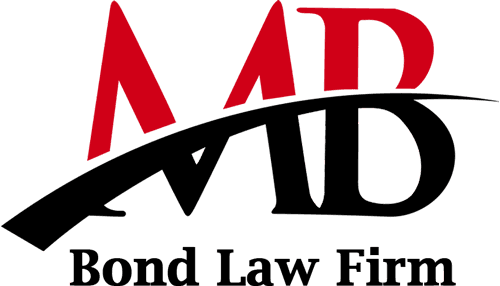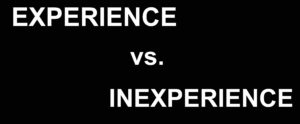The Accident Wasn’t My Fault So My Insurance Shouldn’t Have To Pay My Bills
It has been my experience in meeting with new clients after an accident that they do not know how insurance works involving such matters. In fact, more often than not, clients feel that since they were not at fault for the accident their own insurance should not have to pay their bills. While I can certainly understand this mentality, it is not how things work in our state.
In addition, many times prior to seeking legal advice, a client may have had a conversation with the carrier for the other party who told them just send us your bills and we’ll pay them. While ultimately in the end, sometime down the road, if their insured is found at fault, and once you are finished treating, they will pay your bills, that is not true initially and your bills will go unpaid until the above criteria is met.
To further complicate matters, time is of the essence and medical providers want to be paid. They don’t care who is at fault. They want prompt payment for their services. In fact, if they do not receive prompt payment, you may find yourself turned over to a collection agency. This creates additional stress as now your good credit that you have worked so hard for has been damaged.
It can be and is confusing for many and depends on your carrier’s policy. If you are the victim of an automobile or motorcycle accident here’s what you need to know about how your bills need to be handled. First, if you carry medical payments coverage on your vehicle, that may be the primary coverage available to pay your medical bills. Typically speaking, if a client has this coverage, they usually carry between $1,000 and $25,000 in coverage. This means that your insurance carrier will pay bills resulting from the accident until that coverage exhausts. One exception however, is if you are involved in a motorcycle accident as many carriers will not write medical payments coverage on a motorcycle.
Once your medical payments coverage is exhausted, the next insurance you want to look to is your health insurance, whether that be a private policy, Medicare or TennCare, they are second in line to pay your bills in most cases. Again, it depends on your carrier’s policy. If you do not carry medical payments coverage under your auto policy then your health insurance becomes the primary source of payment for your medical bills. It is important that any bills incurred as a result of your injury are submitted in a timely fashion as a bill can be denied for payment if it was not timely filed. Furthermore, there are benefits to your health insurance carrier paying bills as they do not pay dollar for dollar and there are often contractual write-offs.
Don’t worry, in the end, once fault is established, and the other party is found at fault, your insurance company will be reimbursed by the at fault party for monies spent. This is what is called a subrogation claim. Any medical payment benefits paid by your automobile insurance and any monies paid by your health insurance carrier will be reimbursed at the time of settlement of your claim. Your attorney can explain how this process works.
If you don’t know whether or not you carry this valuable coverage contact your insurance agent and check. Rates for this type coverage are usually pretty reasonable. Med Pay coverage may cover the following:
Medical bills
Surgical bills
Durable medical equipment
Crutches, wheelchair, etc.
Injuries sustained as a pedestrian or while riding a bike
Funeral expenses
Reimbursement of co-pays and or to cover high health insurance deductibles
If at any time, you feel like you are not being treated fairly or don’t feel comfortable dealing with the insurance adjuster, seek the advice of a personal injury attorney.
The Bond Law Firm has 50 years of experience dealing with personal injury claims. Mr. Bond has tried over 100 cases in 12 different states and has worked on both sides of the aisle so he is familiar with how insurance companies handle claims. He can be reached at 865-770-3741 or bond@justicetn.com.


